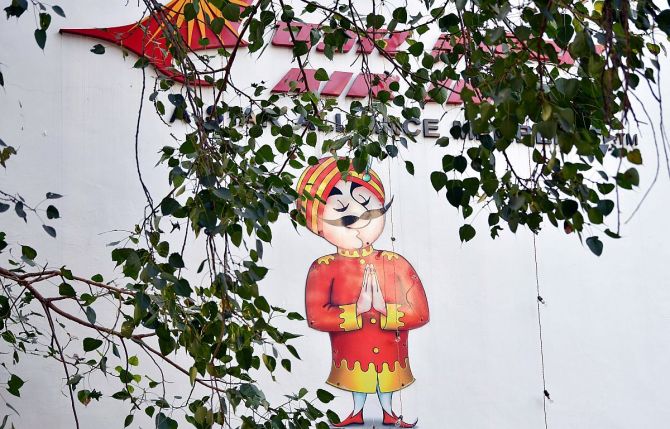Cabin crew, guards among 1,600 Air India employees opting for VRS
More than 1,600 employees of Air India, the former state-run carrier now owned by the Tata group, have opted for voluntary retirement under a scheme announced on June 1.

These employees comprise 22 per cent of permanent staff (around 7,000).
The airline has a total employee strength of around 10,800, including those on contract.
At first, employees older than 55 and with 20 years of continuous employment could opt for a voluntary retirement scheme (VRS).
The rules was relaxed in June and VRS opened for those older than 40 among cabin crew, clerical and unskilled categories.
Those who have opted for VRS until June end will get an additional incentive of Rs 1 lakh and the scheme will continue till July end.
A senior executive of Air India said the Tata group would appoint professional agencies to reskill the staff who opt for VRS.
Cabin crew, peons, clerical assistants, housekeeping staff and security guards are among employees opting for VRS.
Around 2,800 employees are eligible to take VRS and those opting for it account for around 57 per cent.
“Most of those who are opting for VRS have around two to three years of their service period left.
“Functions of multiple departments like security driver or loader where Air India under the government had hired permanent staff are going to be outsourced. So, it is a good proposition for them,” said an airline executive.
The Tata group acquired Air India in January. By investing in aircraft and technology, the group hopes to make the airline efficient and profitable.
“If you have to get an edge over others you have to break away from the past,” said a former senior executive.
The VRS scheme would make the airline leaner and cut establishment costs, he said.
Air India is hiring cabin crew between 18-32 years as it prepares for its expansion.
It did not respond to an emailed query about the VRS scheme.
Not everyone is happy.
“The VRS scheme is a tactic to break the resistance of employees who are opposing eviction from staff quarters.
“We were assured that there would be job protection for one year after disinvestment,” said George Abraham, a member of the Aviation Industry Employees Guild.
There is a lot more discipline and accountability in the airline’s internal functioning now but somewhere unhappiness too has crept in, employees said.
This is especially among crewmembers who fear losing jobs to new recruits.
“There is a lot of stress. Rest period between flights is at a minimum.
“There is also apprehension that airline management will tighten body mass index norms.
“Some are worried about a possible transfer to Delhi,” said a senior crewmember.
Source: Read Full Article

